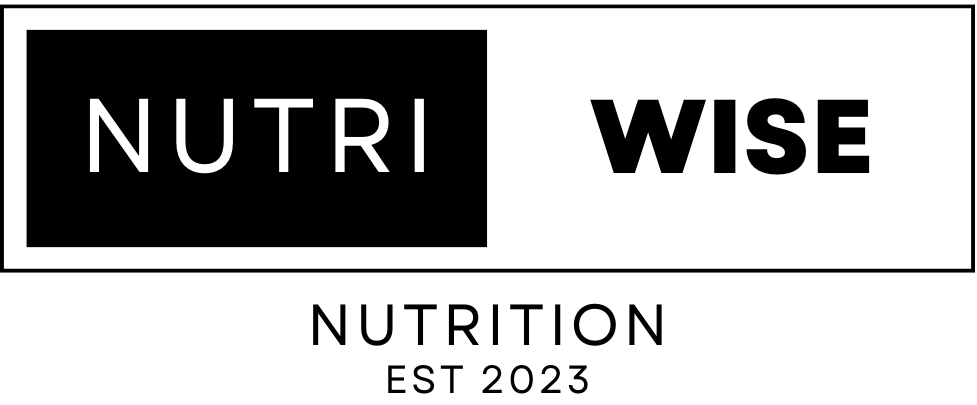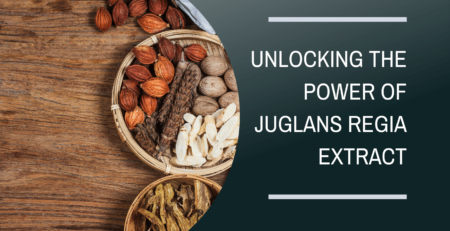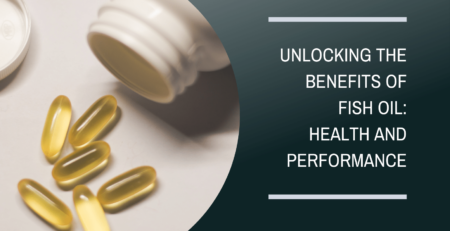Unlock Athletic Potential With Epicatechin!
Epicatechin, a flavanol found in various foods such as cocoa, grape seeds, and tea, has been gaining attention for its potential benefits in enhancing athletic performance.
This compound has been shown to increase levels of nitric oxide in the body, leading to vasodilation and improved blood flow, thus increasing oxygen and nutrient delivery. This, in turn, can lead to improved endurance, decreased fatigue, and better recovery times.
Moreover, epicatechin may also inhibit Myostatin and upregulate Follistatin, which can promote muscle growth.
While more testing is needed to establish a concrete connection, studies have shown promising results in terms of muscle growth with epicatechin supplementation.
Additionally, epicatechin has been linked to improved cardiovascular health and reduced risk of chronic diseases such as diabetes and hypertension. As such, it is an attractive option for athletes and fitness enthusiasts looking to improve their performance and overall health.
This article aims to explore the potential benefits of epicatechin and its role in unlocking athletic potential, with a focus on its effects on circulation and muscle building potential. It will also discuss appropriate dosage and consistency for optimal results.
Benefits for Circulation
Epicatechin, a flavanol found in various foods, has been shown to increase nitric oxide levels in the body, leading to vasodilation and improved circulation. This improved circulation may have positive effects on athletic performance, particularly in terms of endurance.
When blood vessels dilate, more oxygen and nutrients can be delivered to the muscles, which can help delay fatigue and improve endurance. Furthermore, improved circulation can also have positive effects on cardiovascular health, as it can help lower blood pressure and reduce the risk of heart disease.
Studies have demonstrated the potential of epicatechin to improve circulation and athletic performance. For example, one study found that supplementation with epicatechin led to significant improvements in endurance performance in mice. Additionally, a study on human subjects found that daily supplementation with epicatechin for 7 days led to increased blood flow and improved vascular function.
However, further research is needed to fully understand the effects of epicatechin on athletic performance and cardiovascular health.
Muscle Building Potential
Studies have shown that consistent supplementation with a daily dose of 200-300mg of epicatechin, a flavanol found in foods such as cocoa and tea, may have potential in promoting muscle growth by inhibiting Myostatin and upregulating Follistatin.
Myostatin and Follistatin are Myokines that regulate muscle growth, with Myostatin limiting muscle growth and Follistatin promoting it.
Epicatechin has been shown to inhibit the process that breaks down nitric oxide in the blood, resulting in more nitric oxide being available for vasodilation and better blood flow, which can have a positive effect on athletic performance.
While some studies have shown increases in muscle growth with epicatechin supplementation, more testing is needed to establish a concrete connection.
Various dosages of epicatechin have been studied, and daily doses of 200-300mg have appeared to be effective.
Effects on muscle growth in rats were noted after a minimum of 14 days of supplementation, and some studies only noted significant effects after 30 days of consistent supplementation.
Consistent use of epicatechin yields the best results, and it can be taken at any time of the day without causing any stimulatory effects.
Overall, while the muscle building potential of epicatechin is promising, further research is needed to fully understand its effects on human muscle growth.
Dosage and Consistency
The optimal dosage and consistency of flavanol intake for promoting muscle growth remains an area of ongoing research. While various dosages of epicatechin have been studied, a daily dose of 200-300mg appears to be effective. However, some studies have only noted significant effects after 30 days of consistent supplementation. It is important to note that individual responses may vary and further research is needed to establish a concrete connection between epicatechin supplementation and muscle growth.
Optimal timing of epicatechin intake has not been extensively studied. However, epicatechin can be taken at any time of the day and should not cause any stimulatory effect. While epicatechin is generally considered safe, potential side effects may include nausea, headaches, and gastrointestinal discomfort. It is important to consult with a healthcare professional before starting any new supplement regimen.
Consistent use of epicatechin yields the best results, and individuals should aim to incorporate it into their daily routine for optimal effects on muscle growth.











